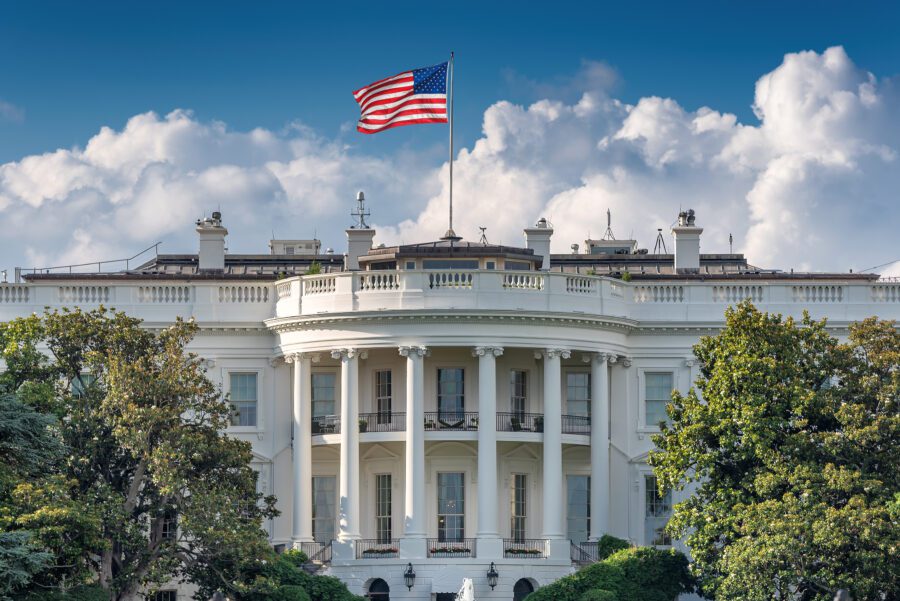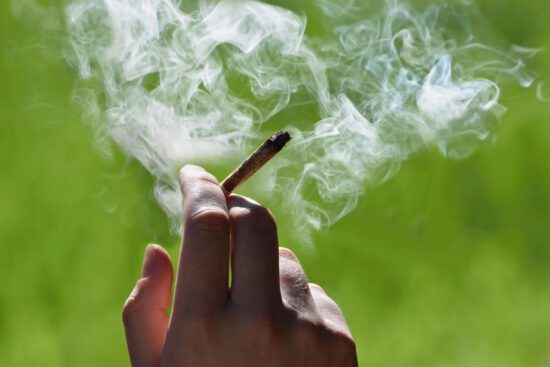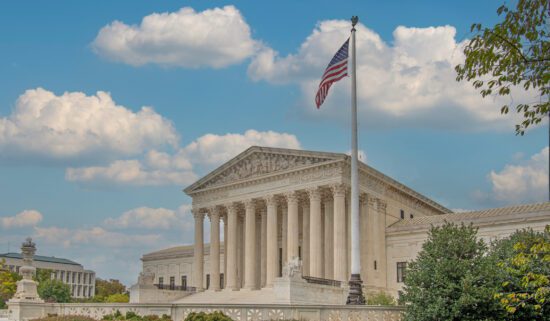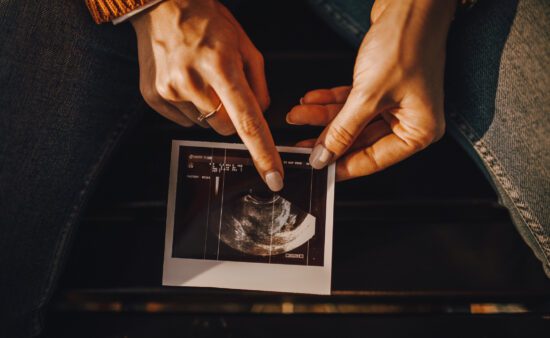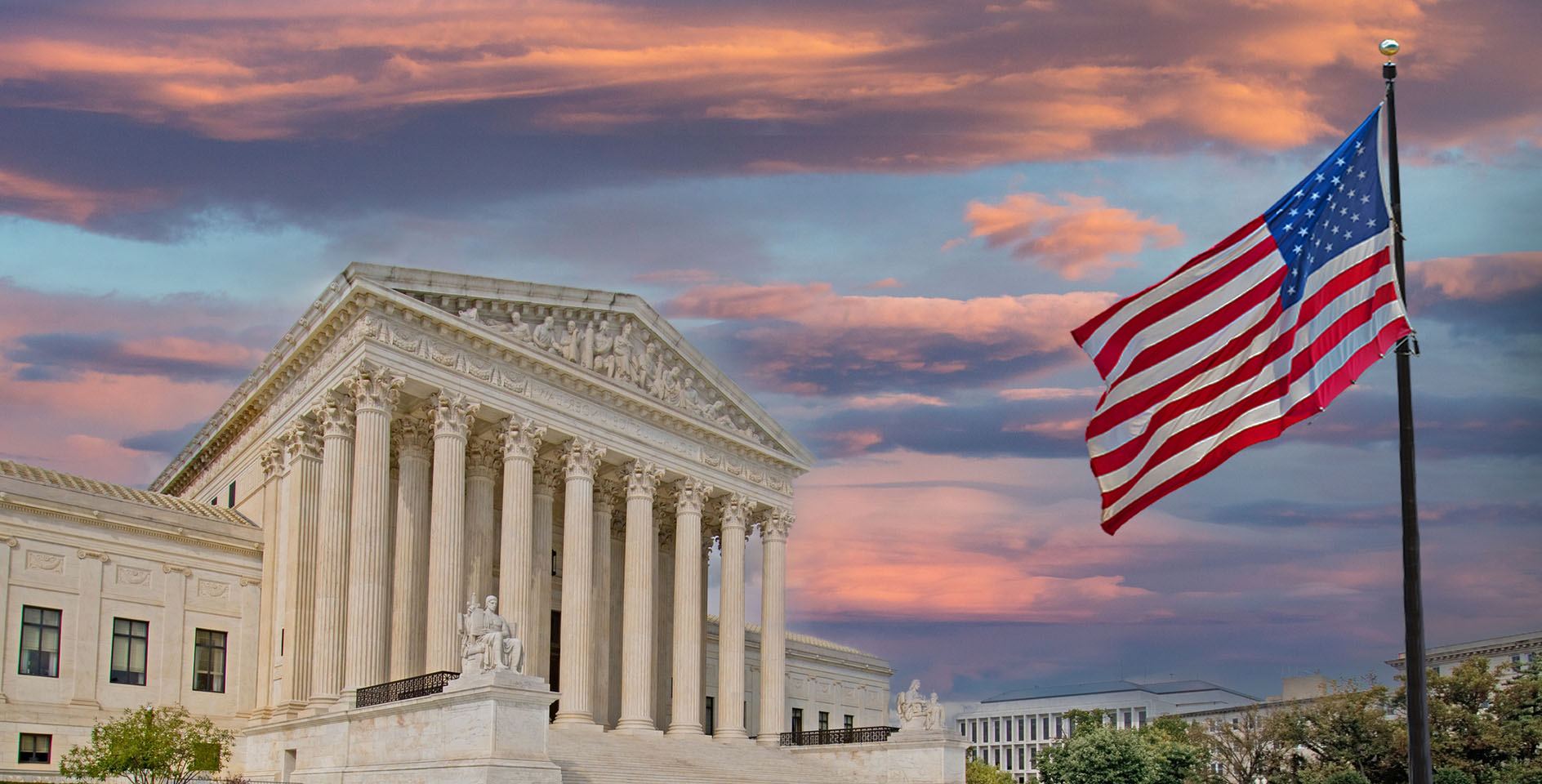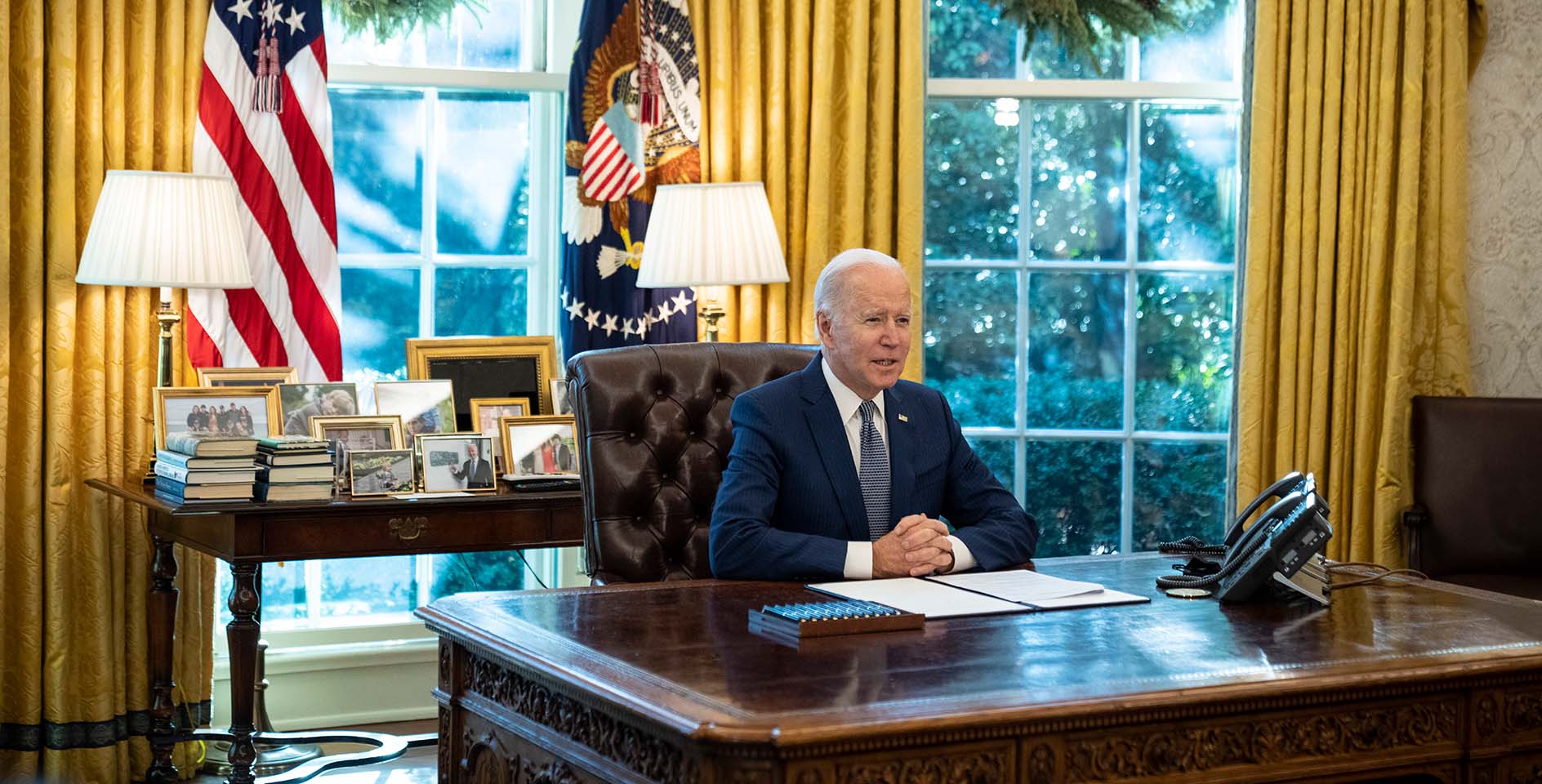On July 22, 2024, the ERLC filed public comments urging the Biden administration to rescind the Notice of Proposed Rulemaking (NPRM) and maintain marijuana’s Schedule I designation, pushing back against this harmful action by the current administration.
This rule is the latest step in the Biden administration seeking to decriminalize marijuana, a plan that has been in the works since the fall of 2022. In pursuit of this goal, Biden’s administration has begun the process of changing the classification of marijuana in federal law under the Controlled Substances Act. The proposed rule from the Drug Enforcement Administration (DEA) of the Department of Justice (DOJ) would reschedule marijuana from a Schedule I to a Schedule III drug, reducing its classification among addictive substances and reshaping public perception around its consumption.
What would this proposed rule do?
In October 2022, President Biden issued an executive order formally requesting the Department of Health and Human Services (HHS) and the United States Attorney General to “review expeditiously how marijuana is scheduled under federal law.”
In August of 2023, HHS recommended that the DEA consider rescheduling marijuana. As a direct result, the DOJ issued a new proposed rule that reclassifies marijuana from a Schedule I to a Schedule III drug.
What does the “rescheduling” of marijuana mean?
Marijuana has been designated as a Schedule I illicit drug by both the FDA and the DEA for the past 50 years. The “schedule” of a drug refers to its classification under law and is determined by the drug’s potential for abuse and addictive capacity. Additionally, the classification of a drug determines the ramifications for possession, use, and distribution of a drug, including the severity of fines and jail time.
Currently, a Schedule I offense for possession of marijuana results in:
- a felony charge,
- 1-10 years in prison, and/or
- a fine of up to $2,500.
If rescheduled, being convicted for possessing a schedule III substance would result in:
- a misdemeanor charge,
- up to a year in jail, and/or
- a fine of up to $2,500.
Furthermore, a drug’s scheduling often guides its public perception. A Schedule I classification indicates that the substance in question has a very high probability of addiction among users. This assists in discouraging its use and warns the public of the harmful effects it may cause. If marijuana is rescheduled to a Schedule III drug, this incorrectly indicates that the drug is deemed no longer highly addictive and harmful to its users, putting the American people at risk.
The FDA has never approved a marketing application for marijuana for the treatment of any disease or condition, nor is there sufficient evidence marijuana has become less addictive or harmful that would warrant such an overturn of previously established policy.
What has the Biden administration done to decriminalize marijuana?
While the DEA’s proposed rule is not yet in effect, it has not prevented the Biden administration from pursuing other means to decriminalize marijuana. In the October executive order, the Biden administration pardoned marijuana possession offenses prosecuted at the federal level or in Washington, D.C.
President Biden’s accompanying statement proclaimed that prosecuting charges related to marijuana resulted in “needless barriers” for employment, housing, and education, despite the reality that federal law had been violated. He stated, “As I often said during my campaign for president, no one should be in jail just for using or possessing marijuana.”
In December of 2023, the Biden administration proclaimed an expansion of this executive order to not only the marijuana offenses pardoned in 2022, but also the following:
- All offenses tied to attempted marijuana possession,
- Additional simple marijuana offenses found in the D.C. code,
- Violations of certain parts of the Code of Federal Regulations that cover both marijuana use and marijuana possession.
In addition to pardoning all offenses prior to December 2023, Biden also stated his intent to continue issuing such pardons into the future, regardless of a lack of action by Congress to amend existing law.
While these pardons are only applicable at the federal level, the DOJ has additionally issued a memorandum to state attorney generals discouraging them from prosecuting marijuana-related offenses, further disregarding the will of Congress in creating federal laws on marijuana and abdicating the federal government’s role in ensuring laws are enforced properly.
Why do marijuana policies matter to Southern Baptists?
In 1973, messengers to the annual Southern Baptist Convention passed a Resolution on Alcohol and Other Drugs. In this resolution, Southern Baptists expressed a desire to “restrain commercial promotion” of harmful and addictive drugs, including marijuana. The rescheduling of marijuana would do exactly the opposite, making it more available, socially acceptable, and falsely benign in an effort to permit further use. This ongoing drug abuse epidemic is detrimental to the stability of a well-functioning society with profound impacts on historically vulnerable communities. Any efforts to normalize and make harmful illegal substances more acceptable is counter productive to the flourishing of our neighbors.
Southern Baptists affirm and uphold the proper rule of law and desire the government to enforce our laws equally and justly. When states are not only permitted but encouraged to enact laws in violation of existing federal law and the federal government takes steps to reduce enforcement of its laws, it undermines the government’s responsibility to carry out this vital function.
How has the ERLC engaged this issue?
In addition to these public comments the ERLC has filed with the DEA, the ERLC previously sent a letter to the DEA administrator urging the DEA to reject the proposal from HHS and the FDA on marijuana rescheduling.
The ERLC will continue to push back against the Biden administrations detrimental rulemaking that harms the well-being of our communities and society.



